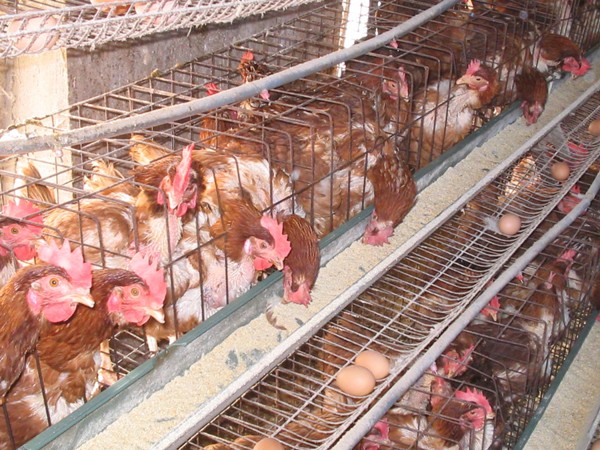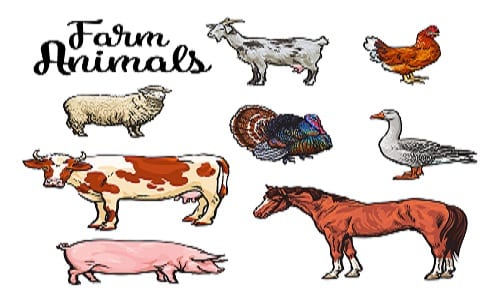Farm records are an important tool in the agricultural industry. They allow for farmers to record data regarding their farm, field and livestock. Farm records are most commonly used by farmers to keep track of performance. This includes birth dates, vaccinations, medications, health issues and death events (if any). Farmers also use farm records to manage other aspects of their operation including crop rotations, fertilization rates, seed varieties planted and harvest yields.
What are Farm Records?
Farm records can be defined as the documents that are used to keep track of the day-to-day activities of a farm. The records include information about the land, crops, livestock and other products that are produced on the farm. The records also contain information about the land, buildings, and equipment; income and expenses; and farm employees.
Why are Farm Records Important?
Advantages or Benefits of Farm Records
Farm records are the most important factor in getting a fair price for your product. It’s no secret that farming is a business, and every business has records. Records are necessary to keep track of expenses, revenues, and other important information.
The list of advantages or benefits of keeping accurate and complete farm records are as follows:
- You can easily and quickly check the health of your livestock.
- It is easier to see what you have done wrong or right in your management practices.
- You can easily track the progress of your farm business and make adjustments as needed.
- You can easily and quickly make a financial analysis of your farm business.
- You can have all the information you need at your fingertips to take care of your livestock.
- You can keep accurate records for tax purposes.
- You can easily and quickly find out what you need to do next.
- You can get a complete overview of your farm business.
- You can get an idea of how much money you have spent on livestock, feed, and other items.
- You can find out how much money you have made on your farm business.
- You can easily keep track of the cost of feed and other items.
- You can easily and quickly see what your income is from your farm business.
Types of Farm Records
Farm records are typically used to help keep track of the financial and production aspects of a farm. Some common types of farm records are:
- Farm Inventory: A list of all the farm’s assets, including land, buildings, machinery and livestock.
- Financial Records: These include any income or expenses from the farm business. They may also include tax records.
- Production Records: These include crop yields, animal weights and other details of production.
- Business Records: They include any records about the business itself, such as marketing strategies or planning.
- Farm Management Records: These include any information about the running of the farm, such as farm budgets or accounts.
Farm records can be held in a variety of formats, including paper and electronic. The most common format for farm records is paper. This is because the paper format is easy to use and relatively inexpensive. You can store your records in a filing cabinet or a three-ring binder.
There are many different types of software programs available for farm record keeping. These programs can be as simple as a handwritten journal or spreadsheet, or they can be complex programs that are accessed through the Internet. Some of these programs are designed specifically for farm record keeping, while others are designed for other purposes and have features that can be used for farm record keeping.
Software programs can be purchased or leased, and some are available for free. Some software programs have limited features, while others have many more features. Many of the programs are easy to use, but some may require a great deal of training.
Some software programs are available for free, but they may have limited features. Some programs can be purchased or leased, and some are available for free. Some software programs have limited features, while others have many more features.
How to Keep Farm Records (Recordkeeping Tips for Farmers)
Keeping farm records is important. The following are some farm record keeping tips:
- Keep records of the farm’s financial condition and performance.
- Keep records of the weather, including temperature and rainfall.
- Keep records of farm activities, such as seeding dates, fertilizer applications, pest control treatments, etc.
- Keep records of farm expenses and income.
- Keep records of all equipment and machinery.
- Keep records of farm labor, including who worked on the farm, when they worked, and how much they were paid.
- Keep records of feed used on the farm.
- Keep records of the number of animals on the farm.
- Keep records of crop yields and production.
- Keep records of livestock sales, including when they were sold, for how much, and to whom.
- Keep records of livestock purchases, including what was purchased, when it was purchased, and for how much.
- Keep records of livestock births and deaths.
- Keep records of the cost of each animal on the farm.



